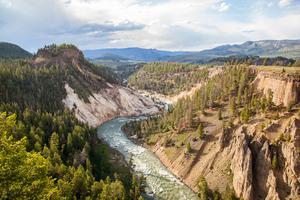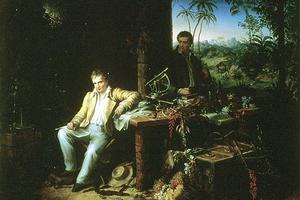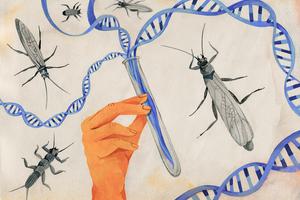Biodiversity
-
No Longer Wild
How Natural World Heritage Sites Are Being Spoiled
-
Before the Storm
A Vulnerable Community Braces for the Impacts of Sea Level Rise
-
Climate Consequences
How Warming Is Threatening the Genetic Diversity of Species
-
African Wetlands Project
Are ‘Blue Carbon’ Projects a Win for the Climate and the People?
-
Ghost Forests
How Rising Seas Are Killing Southern U.S. Woodlands
-
Photo Essay
How Pollution is Devastating an Indonesian Lake
-
The Greenhouse Gas Riddle
What is Causing the Recent Rise in Methane Emissions?
-
The Moth Snowstorm
Finding True Value in Nature’s Riches
-
Artificial Islands
The Rising Environmental Toll of China’s Offshore Island Grab
-
Disappearing Species
What’s Killing Native Birds in the Mountain Forests of Kauai?




















